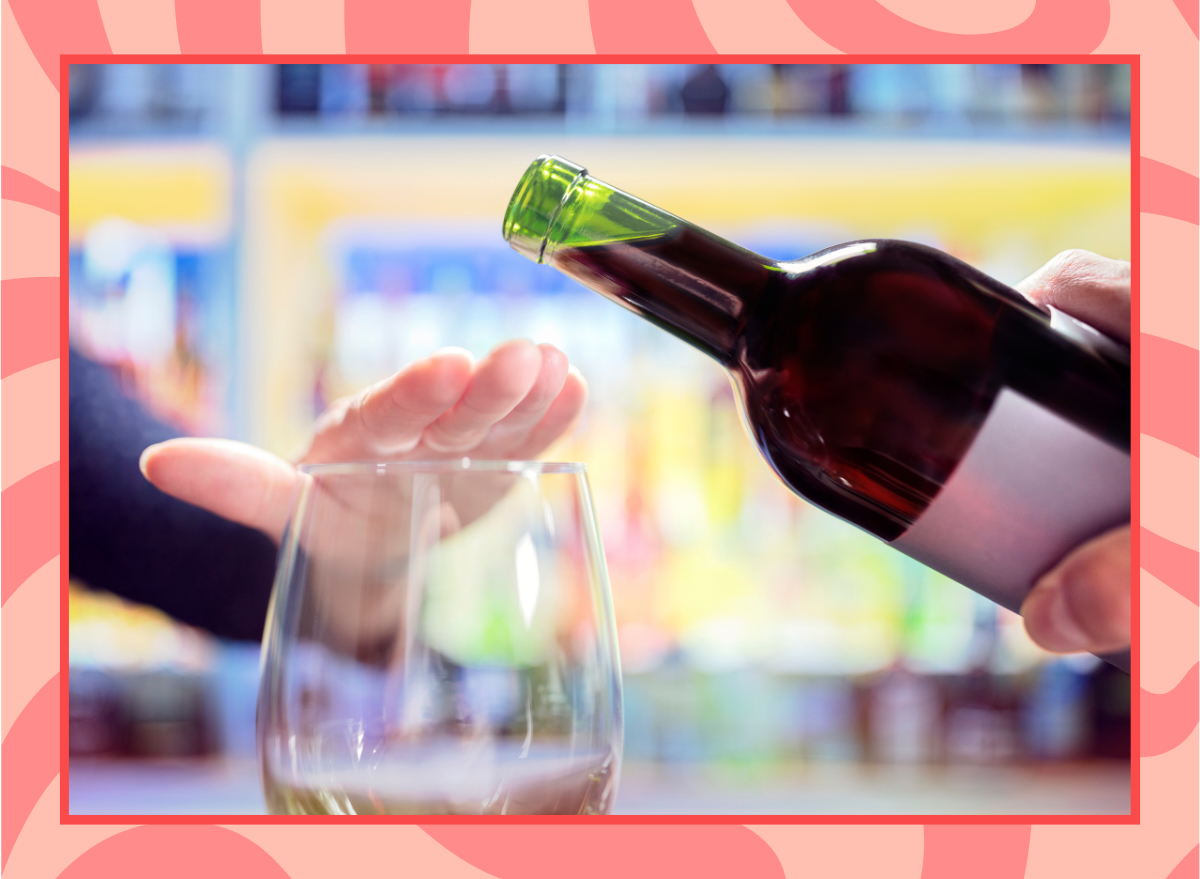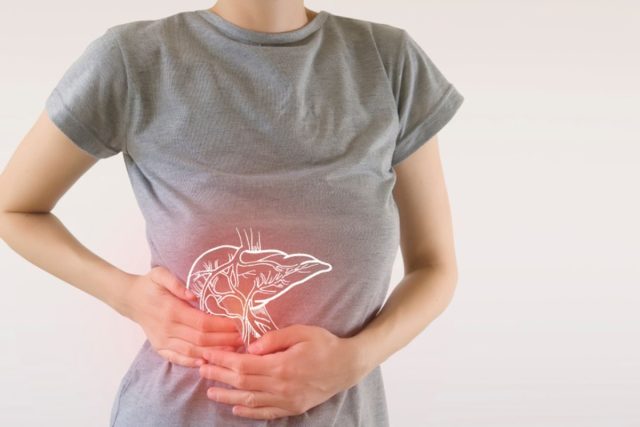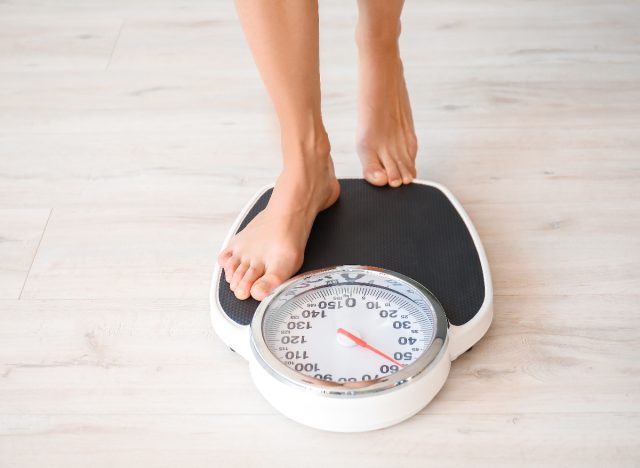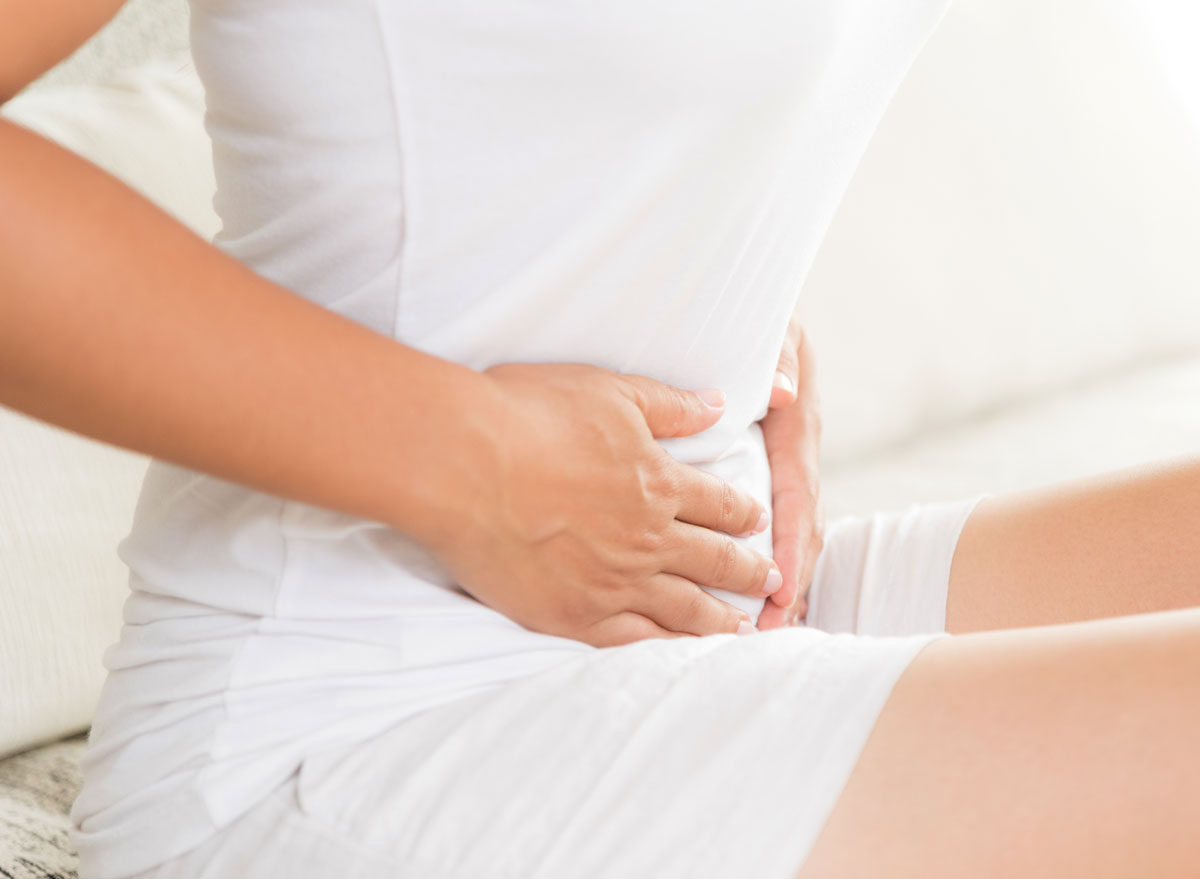What Happens to Your Body When You Stop Drinking Alcohol

If you enjoy the occasional adult beverage, you’re not alone. According to a recent National Institutes of Health (NIH) survey, two-thirds of U.S. adults report drinking alcohol in the past year, and 52% say they’ve consumed alcohol in the past month. While a drink or two can be a fun way to unwind, regular alcohol consumption can take a toll on your body over time, affecting your heart, liver, and pancreas, increasing chronic disease risk, and impacting mental health.
But what happens to your body when you stop drinking? To find out, we explored scientific research and spoke with registered dietitians who shared insights on the immediate and long-term benefits. From better sleep and mental clarity to healthier skin and improved liver function, giving up alcohol triggers a cascade of positive changes in your body.
Read on to discover how eliminating alcohol can transform your health.
Your heart health improves.

Abstaining from alcohol can lead to a decrease in blood pressure and reduced cardiovascular disease risk. A 2016 study found that those who avoid alcohol or significantly reduce their consumption can experience improved heart function.
Brittany Lubeck, RD, a registered dietitian and nutrition writer, tells us, “Research shows that regular alcohol use may lead to high blood pressure, coronary heart disease, stroke, and other heart issues. It stands to reason, then, that quitting drinking reduces the risk of heart conditions. However, it’s worth pointing out that these heart effects are mostly seen in people who drink excessively. Moderate drinking isn’t associated with an increased risk of heart conditions.”
Your liver will thank you.

According to the NIH, alcohol can contribute to liver inflammation and fatty liver disease. However, giving up alcohol gives your liver the chance to repair and regenerate. “Alcohol is metabolized by the liver, and excessive alcohol consumption can lead to liver damage, including fatty liver, alcoholic hepatitis, and cirrhosis,” says Trista Best, RD, a registered dietitian with Balance One Supplements. “Quitting alcohol allows the liver to regenerate and repair, promoting overall liver health.”
You’ll lose weight.

Alcohol is calorically dense, providing 7 calories per gram. Moreover, these are “empty calories” that provide no nutritional value. “Depending on how much alcohol you drink regularly, giving it up for good may lead to weight loss,” says Lubeck, noting that your overall calorie intake will naturally decrease, “leading to the possibility of weight loss.”
Additionally, giving up alcohol often results in better food choices as “Many people experience strong food cravings while drinking,” explains Lubeck.
According to a study published in the journal Appetite, people who drank half a shot of alcohol (20 grams worth) ate 11 percent more than those who abstained. The drinkers also experienced more cravings for high-fat (high-calorie) foods.
Your sleep quality will improve.

While alcohol might initially induce drowsiness, studies suggest it can disrupt your sleep cycle, leading to poor-quality rest. When you give up alcohol, your sleep patterns often normalize, leading to a more restful and rejuvenating night’s sleep that has cascading benefits for your overall health.
“Alcohol can disrupt the sleep cycle, leading to difficulties falling asleep and staying asleep. By giving up alcohol, you may experience improved sleep quality and duration. Better sleep has numerous health benefits, including enhanced cognitive function, mood regulation, and overall well-being,” explains Best.
You’ll boost your immune system.

The NIH points out that alcohol can suppress your immune system, making you more susceptible to illness and infections. Removing alcohol from your diet can strengthen your immune system, contributing to illness resistance, faster recovery times, and a more robust immune response.
Lubeck says, “Long-term, excessive alcohol use has been associated with poor immunity. In fact, such alcohol use may increase your risk of pneumonia, sepsis, and even cancer. Therefore, giving up booze may be one way to support and possibly improve your immune system. A better immune system means a lower risk of infections and certain health conditions.”
Your mental health will improve.

Alcohol and mental health are intricately connected. That’s why abstaining from alcoholic beverages can lead to significant improvements in your psychological well-being. According to a 2022 review, giving up alcohol can help reduce anxiety and depression, enhance mood, and improve cognitive function.
“Alcohol is a depressant that can negatively impact mental health. Quitting alcohol can lead to improvements in mood, reduced anxiety, and better overall mental well-being. It may also contribute to better stress management and coping mechanisms,” says Best.
You’ll have more energy.

Drinking negatively affects sleep, and naturally, this affects your mood and energy levels the following day. According to a study published in the journal Sleep and Vigilance, heavy alcohol consumption significantly increases daytime sleepiness the following day. Nearly 35% of participants reported feeling slowed down or lost interest in remaining awake after drinking the night before whereas less than 5% of participants reported the same feelings on a regular day.
Your digestion may improve.

If you ever feel bloated or have abdominal discomfort after pairing a meal with a glass of wine or beer, you might be able to put at least some of the blame on alcohol. Even in relatively small doses, alcohol can negatively affect digestion by altering the stomach’s secretion of gastric acid and hamper the digestive enzymes’ ability to function and break down food. When these functions are impaired, your digestion suffers. Studies have shown that pairing alcohol with a meal can slow down digestion while the overproduction of gastric acid can irritate the stomach.
You may notice better skin.

Alcohol is a diuretic, which increases the excretion of fluids from your body, and this can affect your skin health over time. Researchers have identified a close correlation between alcohol use and skin conditions such as psoriasis, eczema, spider veins, and post-adolescent acne. One study even found that heavy drinking—defined as eight or more drinks per week—was associated with increased upper facial lines, under-eye puffiness, and midface volume loss.









